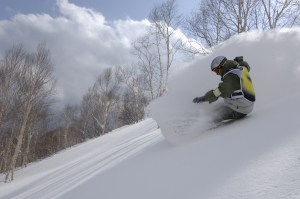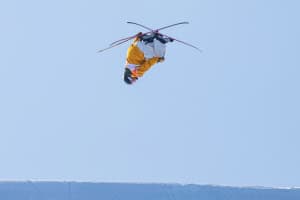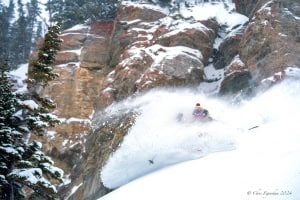Massive Snow Storms Continue In Austria and the Northern Alps
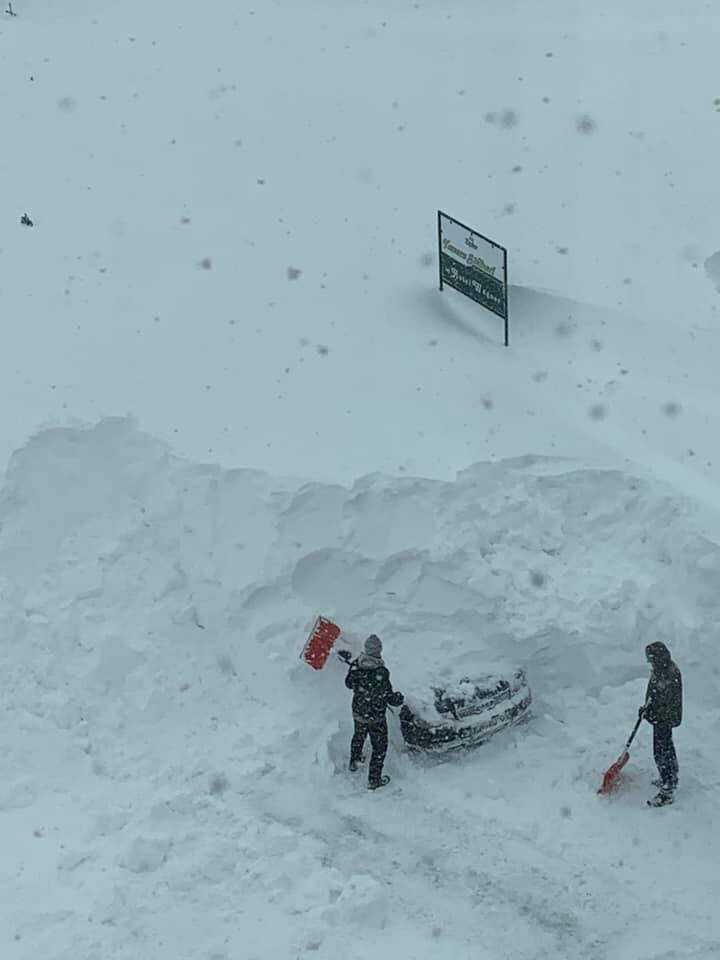
Mountainwatch | Reggae Elliss
There has been a huge amount of snow falling across the northern European Alps over the past couple of weeks with resorts in Austria bearing the brunt of the storm. While there have been a few epic powder days in some resorts, there is literally too much snow in other areas with roads and train lines cut.
We’ve been talking about big snowfalls in Whistler, California and Japan, but the seven-day totals in parts of Austria are really impressive – the resort of Tauplitz reporting over three metres (10 feet), while Solden’s upper slopes now have a base of over four metres after 70cms fell in the past few days.
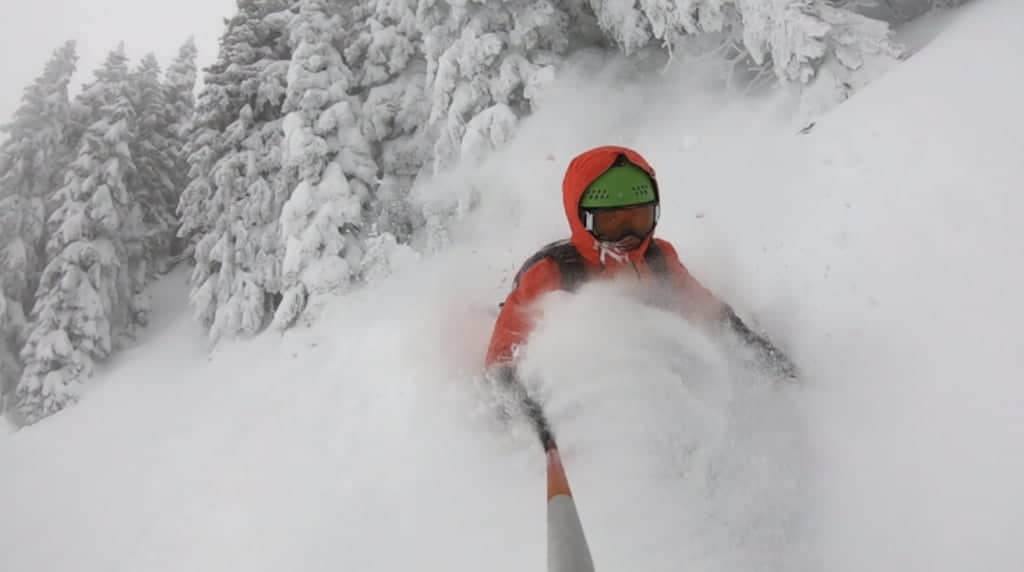
There are reports of some great powder skiing in the trees in the Salzburg and Arlberg regions but the avalanche danger in many Austrian resorts further north is very high, up at level 4, which is one below the maximum of five. Many resorts have closed the exposed, upper terrain with skiers advised to ski below the tree-line.
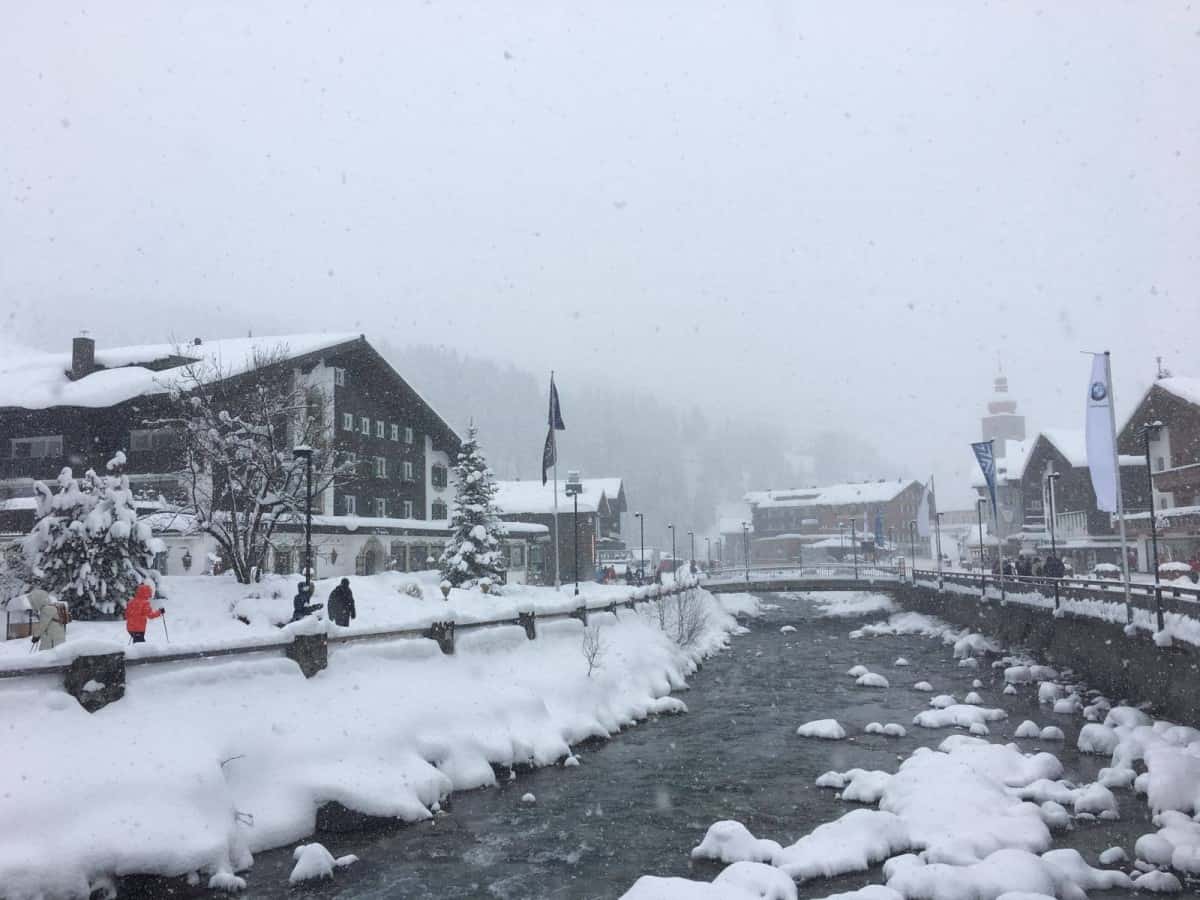
Thousands of people are snowed-in as a number of resorts and villages have been cut off with roads and train-lines closed due to snow or the risk of avalanche. The amount of snow on the upper slopes and fear of avalanches led to the entire resort of Hochkar, located in eastern Austria, being evacuated on Monday.
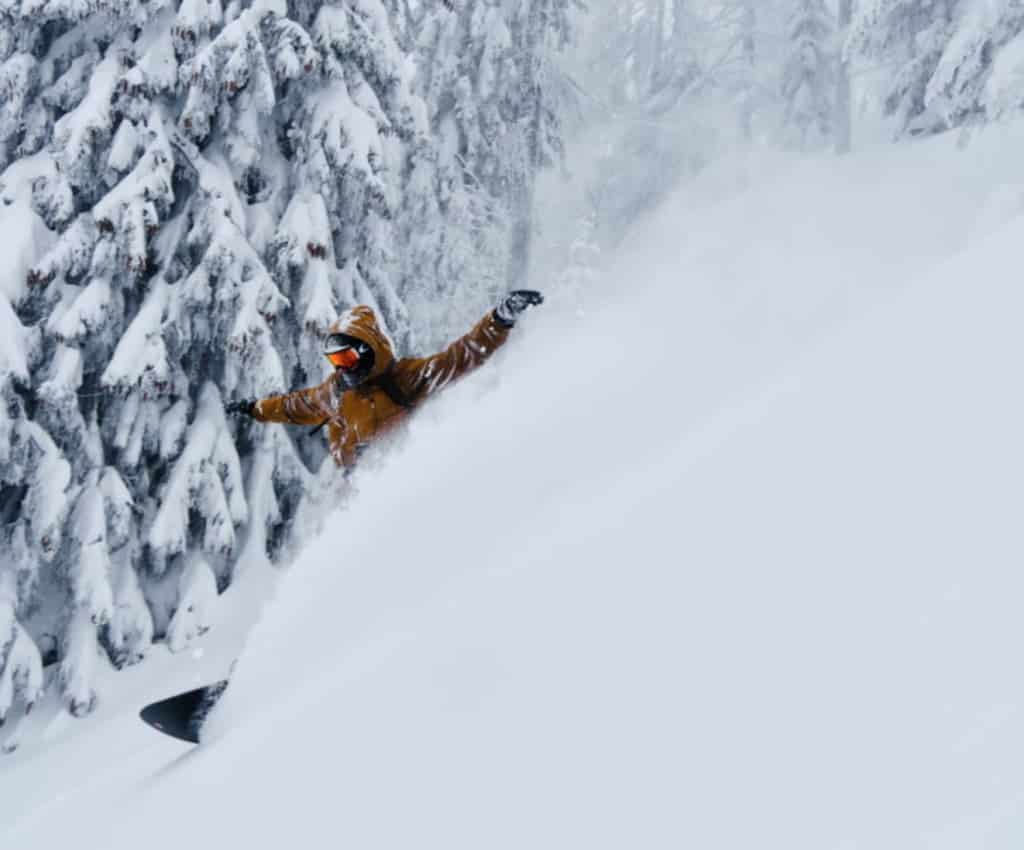
Unfortunately, there have been up to six fatalities associated with the storm, with two skiers killed in separate avalanches in the western Austrian province of Vorarlberg on the weekend and another skier died after being caught in deep snow. A couple who went missing while snow shoeing on Sunday were found dead on Monday near Salzburg in Central Austria. A man was also killed by a falling branch in Germany.
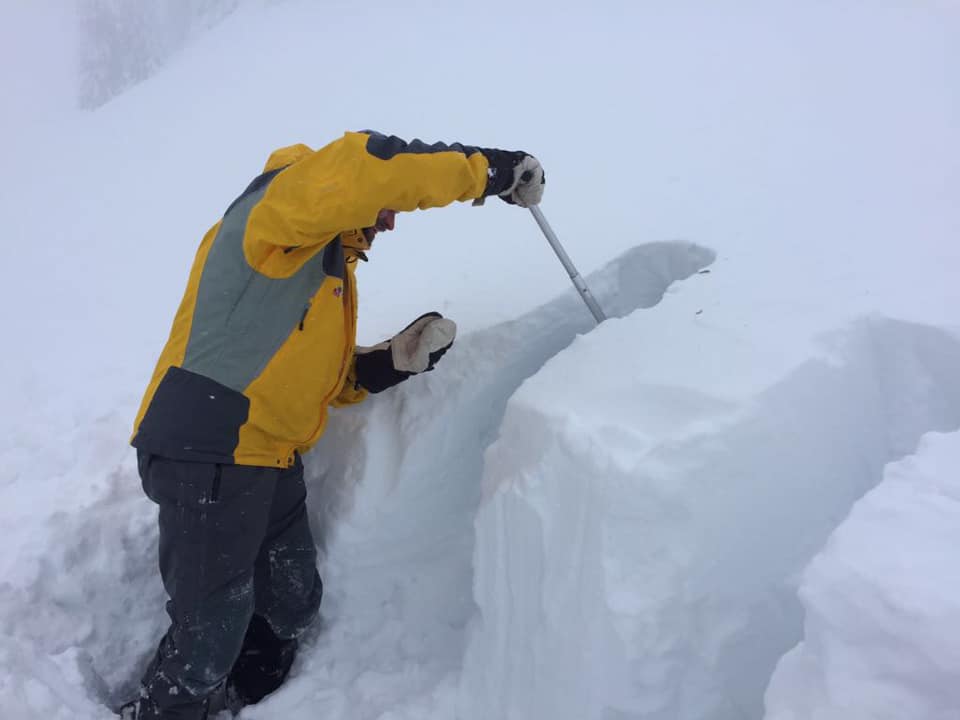
The consistent snowfalls continued this week with another 60 to 100cms expected for the northern alps of Austria from Tuesday through to Thursday evening. Parts of Switzerland, Germany and the Czech Republic are also receiving big snowfalls but the same cannot be said for France and Italy as the Western Alps have recieved little or no snow.
